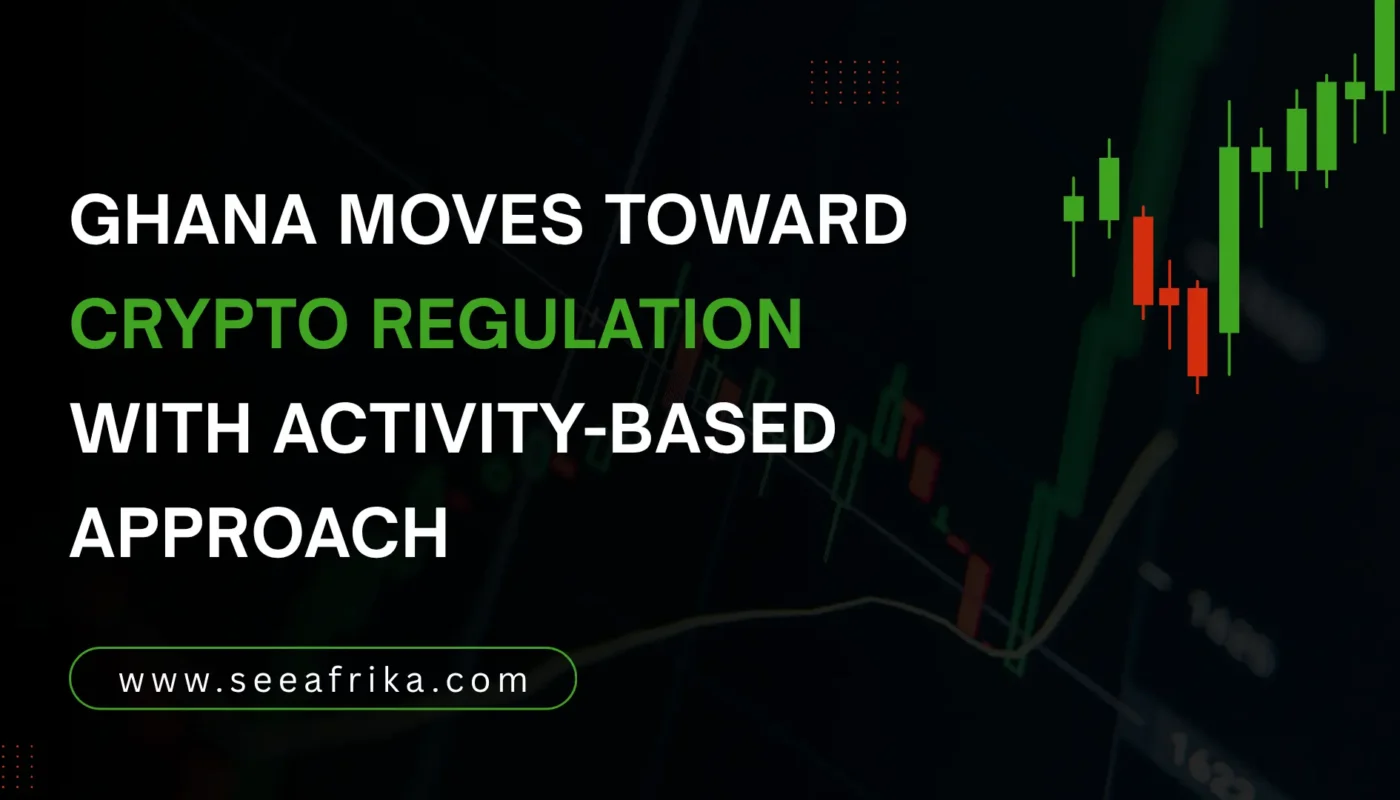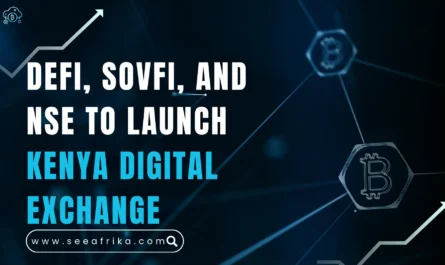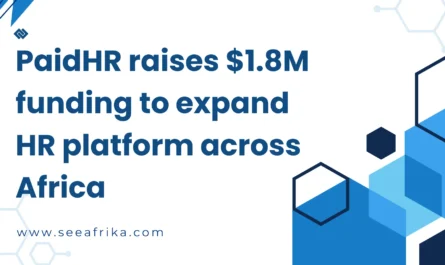Ghana is taking bold steps toward crypto regulation with an activity-based approach. This move marks a pivotal moment for the country’s digital financial ecosystem, signaling Ghana’s commitment to harnessing the benefits of virtual assets while safeguarding the monetary system. Crypto regulation in Ghana is poised to transform the way individuals, companies, and the government interact with digital currencies and blockchain-powered services.
The Bank of Ghana (BoG) has taken a significant step towards formalising oversight of digital currencies and blockchain-based financing by releasing a draft policy paper outlining the nation’s ambitions to regulate virtual assets and virtual asset service providers (VASPs).

Ghana’s Activity-Based Approach: A New Era
Crypto regulation in Ghana is not about blanket rules and prohibitions. Instead, authorities are focusing on the actual activities and risks associated with various crypto services. This means licensing or registering entities based on the specific services they provide, such as cryptocurrency exchanges, custodial wallets, or decentralized finance platforms. The Ghanaian government recognizes the diversity of virtual asset service providers (VASPs) and intends to regulate them according to their unique operational models and business models.
The activity-based approach pushes for accountability and transparency, minimizing regulatory burdens on innovative startups while holding larger players to higher standards.
VASPs: Licensing and Registration Based on Services
Crypto regulation in Ghana introduces formal licensing or registration for VASPs. Ghana’s authorities recognize that not all crypto businesses operate equally. An exchange processing millions of Bitcoin trades faces risks and responsibilities different from those of a small wallet provider or peer-to-peer platform.
Thus, the new regulatory framework will require VASPs to apply for licenses or complete registrations outlining their specific services. These licenses will specify which activities the provider can legally conduct in Ghana, ensuring clear oversight and accountability. VASPs must demonstrate robust IT systems, customer onboarding protocols, and compliance with anti-money laundering (AML) and counter-terrorist financing (CTF) procedures.
Also read:
Adoption of FATF-Aligned Standards: Raising the Bar
As part of Ghana’s robust crypto regulation, authorities are aligning with global standards, most notably those of the Financial Action Task Force (FATF). The FATF’s Travel Rule, which requires digital asset businesses to share beneficiary information during transactions, forms a cornerstone of the new regime.
By adopting FATF-aligned standards, Ghana’s regulatory framework prevents crypto assets from becoming channels for money laundering or terrorist financing. Providers must verify customer identities, monitor transactions for suspicious patterns, and promptly report any illicit activity to the relevant authorities. These safeguards instill confidence in investors and consumers alike, protecting Ghana’s financial system from abuse while fostering legitimate innovation.
Implementing the Travel Rule demands advanced technical solutions, robust databases, and collaborative reporting systems. VASPs must track each transaction, trace funds, and verify sender and recipient details, mirroring traditional banking standards but tailored for digital assets.
Virtual Assets Regulatory Office (VARO): Centralized Oversight
The establishment of the Virtual Assets Regulatory Office (VARO) represents a significant evolution in crypto regulation in Ghana. This new office will serve as the central authority for policy, supervision, and education related to digital assets and service providers.
VARO’s mandate includes reviewing licensing applications, performing compliance audits, monitoring VASP operations, and conducting sector-wide risk assessments. The office will also serve as a point of contact for international partners, ensuring that Ghana adheres to global best practices.
VARO’s centralized oversight streamlines communication, reduces regulatory confusion, and provides a resource for both industry and the public. Stakeholders will have a clear point of contact for regulatory guidance, policy feedback, and dispute mediation.
National Virtual Assets Literacy Initiative (NaVALI): Educating Ghana’s Citizens
The government recognizes that regulation alone cannot safeguard the public. The launch of the National Virtual Assets Literacy Initiative (NaVALI) is integral to Ghana’s broader crypto regulation strategy. This program aims to boost informed participation in the virtual assets market by offering education, seminars, webinars, and awareness campaigns.
NaVALI will target a wide range of audiences, including students, small business owners, professionals, and retirees. By demystifying digital currencies, wallet technologies, and blockchain applications, NaVALI aims to reduce the risk of scams, hacks, and misinformation.
Virtual Assets: Still Not Legal Tender
Crypto regulation in Ghana draws a firm line: virtual assets are not legal tender. Despite growing adoption of Bitcoin, Ethereum, and stablecoins, the Ghanaian Cedi remains the nation’s only legal currency. This stance maintains the stability of the monetary system and shields the economy from volatility associated with cryptocurrencies.
Businesses may accept virtual assets for payment, but must convert them into Cedis for accounting and tax purposes. Crypto cannot replace government-backed money, nor does it confer any right to settle debts, pay taxes, or fulfill official obligations.
Key Recommendations Shaping Ghana’s VASP Regulation
The Bank of Ghana’s draft paper on VASP regulation, released recently, outlines eight key recommendations to establish a robust and activity-based regulatory framework for virtual asset service providers (VASPs) in Ghana. These recommendations aim to strike a balance between innovation and robust consumer protection, financial stability, and anti-money laundering (AML) safeguards. Here are the eight recommendations:
- Launch a National Virtual Assets Literacy Initiative (NaVALI)
To complement regulation, the government will boost public education on virtual assets through NaVALI. This initiative will raise awareness, promote informed participation, and reduce risks related to scams, misinformation, and financial loss.
2. Define and License/Register VASPs Based on Activities
Entities offering virtual asset services must be formally defined as VASPs and licensed or registered with relevant regulatory authorities—including the Bank of Ghana, Securities and Exchange Commission (SEC), and Financial Intelligence Centre (FIC). Licensing depends on the specific services provided (e.g., exchange, custody, payment), not the underlying blockchain technology.
3. Build Legal and Regulatory Framework Anchored in AML Legislation
The regulatory framework should be built upon Ghana’s Anti-Money Laundering Act, 2020 (Act 1044), and align with international standards, especially those issued by the Financial Action Task Force (FATF), ensuring strong AML and counter-terrorist financing (CTF) compliance.
4. Enforce the FATF “Travel Rule”
VASPs must collect and share accurate sender and receiver data for all virtual asset transactions. This traceability aligns Ghana with global efforts to prevent virtual assets from facilitating illicit financial activities.
5. Clearly Define Supervisory Roles Across Agencies
Specific regulatory responsibilities will be assigned: the Bank of Ghana will supervise payments, custody, and monetary stability activities; the SEC will oversee trading and investment activities; and the FIC will manage AML/CFT compliance enforcement in collaboration with both the BoG and SEC.
6. Establish Continuous Monitoring of the Virtual Assets Ecosystem
A continuous monitoring program will detect and prevent illicit activities, ensuring regulatory compliance, minimizing reputational and financial risks, and maintaining overall market integrity.
7. Maintain the Position That Virtual Assets Are Not Legal Tender
Despite growing adoption, virtual assets remain unrecognized as legal tender in Ghana. They are not accepted for settlement in the financial system and cannot replace the Ghanaian Cedi as the country’s official currency.
8. Establish a Dedicated Virtual Assets Regulatory Office (VARO)
VARO will be created as a specialized unit tasked with regulating and overseeing VASP activities, coordinating with other regulators, engaging international partners, and providing sector-wide risk assessment and policy guidance.




